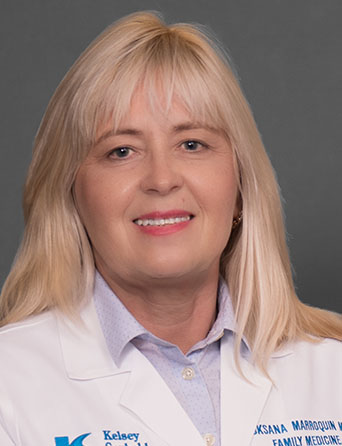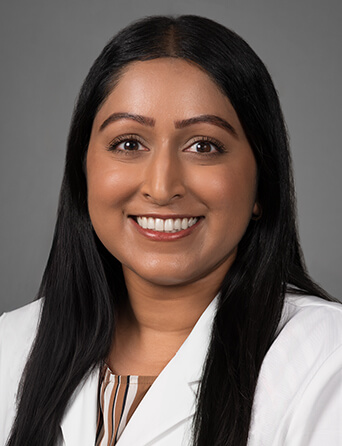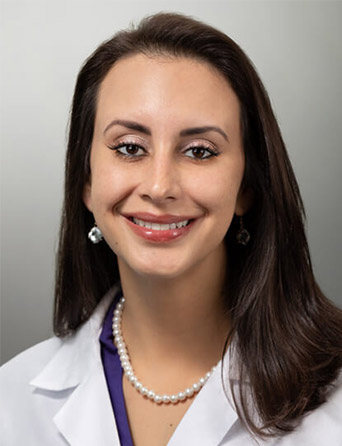Join Our eNewsletter!
Subscribe to our monthly newsletter to receive encouraging advice to help you lead a healthy lifestyle.

Adults Immunizations: Take Your Best Shot Against Disease
Adult immunizations are the safest, most effective way to protect you against potentially life-threatening diseases such as hepatitis A and B, pertussis and tetanus, and cervical cancer
“Many adults make the mistake of assuming that the vaccines they had as children will protect them for life. While this may be true for some vaccines, immunity can decrease over time as we age,” adds Dr. Mouzoon. “For some adults, newer vaccines weren’t available when they were children. Adult immunizations are the safest, most effective way to protect you against potentially life-threatening diseases such as hepatitis A and B, pertussis and tetanus, as well as cervical cancer.”
Every year, more than 40,000 adults die needlessly from vaccine-preventable diseases or their complications. Many vaccines are readily available and offer a cost-effective way to prevent disease. By preventing illness, immunizations save many healthcare dollars by keeping people healthy and avoiding an expensive trip to the hospital. The costs of certain vaccines like the influenza vaccine are covered under Medicare Part B.
The flu season is probably the most popular time to think about immunizations. Five to 20 percent of Americans are infected with the flu each year. Flu shots help reduce absence at work and social events and decrease the spread of flu in the home and at work.
Adults in their 50s and 60s and adults whose immune systems are compromised have a higher risk of vaccine-preventable diseases and should take every precaution to get immunized. According to the Centers for Disease Control and Prevention, influenza and pneumonia together are the fifth leading cause of death among American adults 65 and older.
“If you’re 50 years of age or older, you are urged to get the influenza vaccine every year,” notes Dr. Mouzoon. “This fall, make an appointment to get your flu shot, which is generally available in October for people over age 50.”
People 65 years of age and older and those with chronic medical conditions like diabetes, heart disease and asthma are also at high risk for serious illnesses triggered by pneumococcal disease. Dr. Mouzoon says you can reduce the risk of pneumonia by having a pneumococcal vaccine.
You should first consult your healthcare provider to assess your risk for vaccine-preventable diseases and the need for immunization. “Talk to your family doctor and make sure your entire family is immunized,” says Dr. Mouzoon. “Vaccines are as important to adults as they are to children.”
Did You Know?
- Severe complications of mumps are more common in adults than in children.
- Healthcare workers, college students, childcare workers, international travelers, women of childbearing age and people born after 1957 that do not have proof of immunity should receive the measles-mumps-rubella vaccine.
- Hepatitis A is the most common vaccine-preventable disease in people who travel to other countries.
- Adults are more likely than children to develop serious complications when infected with the chickenpox virus.
- You cannot catch shingles from another person with shingles. However, a person who has never had chickenpox or the chickenpox vaccine could get chickenpox from someone with shingles. This is not very common.
- Approximately 11 percent of reported cases of tetanus are fatal. For adults, a tetanus-diphtheria shot every 10 years ensures protection against these diseases.
- Adults in contact with infants less than age 1 (parents, grandparents younger than age 65, childcare providers and healthcare professionals) who have not received a dose of Tetanus-diphtheria-pertussis (Tdap) should be prioritized to receive the Tdap vaccine.
- If rubella, or German measles, occurs during pregnancy, it may result in a severe birth defect, miscarriage or stillbirth.
- Females ages 9 to 26 and older should be immunized against the human papilloma virus (HPV), the virus that causes cervical cancer.
Keep a Personal Immunization Card
Are you having trouble remembering when you had your last tetanus shot? If so, then it’s probably time to get your own personal immunization record card. This handy card can help you keep track of all immunizations. It will help you and your healthcare provider make sure you’re fully protected against vaccine-preventable diseases and save you a needless revaccination in a health emergency. Ask your provider for an immunization card and be sure to take it to every health visit.








